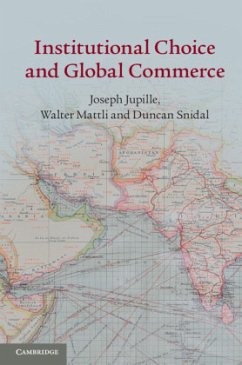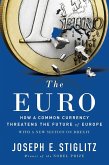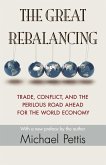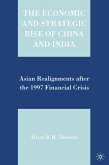Why do institutions emerge, operate, evolve and persist? Institutional Choice and Global Commerce elaborates a theory of boundedly rational institutional choice that explains when states USE available institutions, SELECT among alternative forums, CHANGE existing rules, or CREATE new arrangements (USCC). The authors reveal the striking staying power of the institutional status quo and test their innovative theory against evidence on institutional choice in global commerce from the nineteenth through the twenty-first centuries. Cases range from the establishment in 1876 of the first truly international system of commercial dispute resolution, the Mixed Courts of Egypt, to the founding and operation of the General Agreement on Tariffs and Trade, the World Trade Organization, and the International Accounting Standards Board. Analysts of institutional choice henceforth must take seriously not only the distinct demands of specific cooperation dilemmas, but also the wide array of available institutional choices.
Hinweis: Dieser Artikel kann nur an eine deutsche Lieferadresse ausgeliefert werden.
Hinweis: Dieser Artikel kann nur an eine deutsche Lieferadresse ausgeliefert werden.
'Jupille, Mattli, and Snidal have written a pathbreaking book on the politics of institutional choice relating to global commerce. Developing a novel approach grounded in bounded rationality, the authors demonstrate why the process of institutional change is often piece-meal, disjointed, and inefficient judged by standards of global efficiency.' James Caporaso, Director of the European Union Center for Excellence, University of Washington, Seattle








